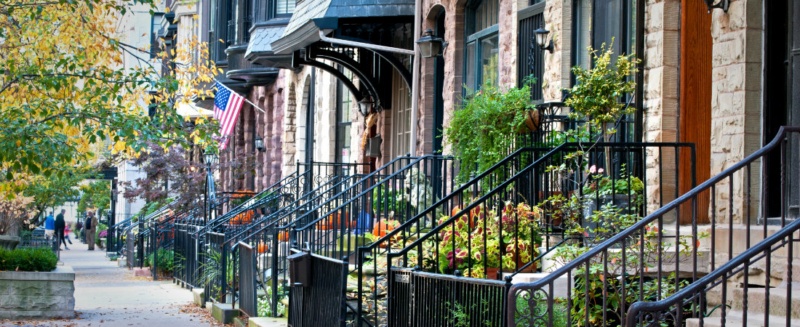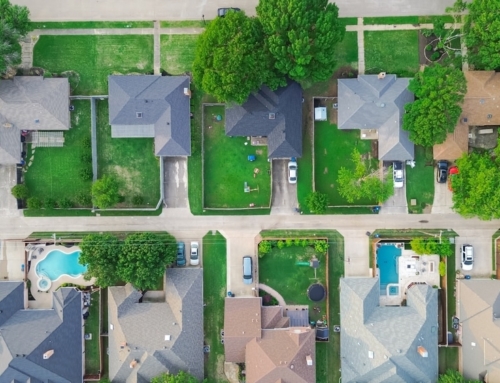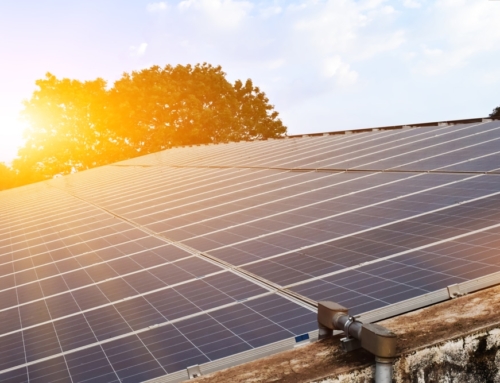Rising interest rates are on the horizon, according to Federal Reserve Chair Janet Yellen. And, it doesn’t look at though Donald Trump’s election will change the interest rate forecast.
In Congressional testimony, Yellen said that the Federal Reserve plans an interest rate increase “relatively soon.”
But, mortgage interest rates are already rising sharply. According to this week’s Primary Mortgage Market Survey, conducted by Freddie Mac, 30-year fixed-rate mortgage interest rates spiked in the wake of the election and rose to 3.94 percent, up nearly a half percentage point from 3.57 percent a week earlier. Fifteen-year mortgage rates also jumped significantly, to 3.14 percent, up from 2.88 percent a week earlier. Both interest rates are quoted with a half a percentage point (.50 percent) of fees.
Although mortgage interest rates are still historically low (if you look back since World War II, the average interest rate for a fixed-rate mortgage is somewhere just below 8 percent), the home buying public seems to be incredibly sensitive to interest rates rising. Rising interest rates combined with rising home prices mean fewer buyers will be able to qualify for mortgages, something that worries members of the National Association of Realtors (NAR).
And with good reason, according to Sean Becketti, chief economist, Freddie Mac, this week’s spike in interest rates could mean a lousy 2017 for real estate sales.
“Last week’s election fell in the middle of our survey week, making it impossible to determine how closely the mortgage rate would track the post-election sell-off in the Treasury market. This week, the verdict is in — over the last two weeks the 30-year mortgage rate jumped 40 basis points to 3.94 percent, almost identical to the 39 basis point increase in the 10-year Treasury yield. If rates stick at these levels, expect a final burst of home sales and refinances as ‘fence sitters’ try to beat further increases, then a marked slowdown in housing activity.”
Which would be just in time to dampen the expectations of new home builders. This week, the Department of Housing and Urban Development and the Census Bureau jointly announced that new construction housing starts reached an annualized 1.3 million, up 23 percent from a year ago (there is a wide margin of error in the numbers, but the consensus seems to indicate a very big jump in private housing starts), with the number of completed new single family homes reaching 749,000 on an annualized basis.
That’s the biggest number of new construction housing starts since 2007, the beginning of the Great Recession and housing crisis.
“These robust figures correlate with strong builder optimism in the housing market,” said Ed Brady, chairman of the National Association of Home Builders (NAHB) and a home builder and developer from Bloomington, Illinois, in a press release. “A firming job market, a growing economy and rising household formations will keep the housing recovery on track into next year.”
We’ll see. A lot of the demand will depend on how fast interest rates rise in a Trump presidency.
Ilyce Glink is the publisher of ThinkGlink.com, a nationally-syndicated columnist and bestselling book author.







Leave A Comment